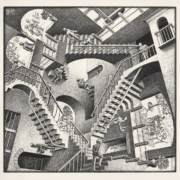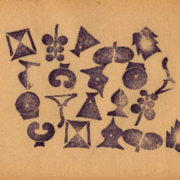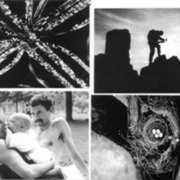Couple dynamics and adoptive parent relationships
Abstract
This paper aims to explore some of the aspects involved in the dynamics of the interaction between narcissism and object investment. We know that the oscillation between these two psychic configurations influences the subject and his relations: the dynamics of his couple and his role as a parent. We feel that within the emotional complexity of adoptive parenthood, primary importance must be given to the “adoption” of aspects of the self and of the relationship that have been split off and projected outside that self and relationship.
We describe some episodes from a couple psychotherapy treatment using the concept of the analytic field, with reference to developments suggested by post-Bionian models in individual psychoanalysis. We refer to the field that is created in a joint session where the different subjects come together, forming a continuous Read more





